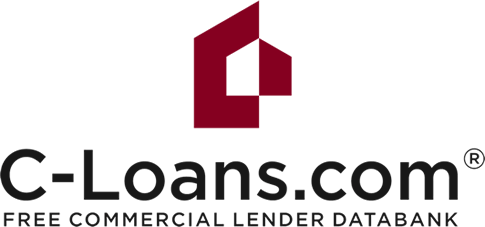Mezzanine Loans
What in ‘Tarnation is a Mezzanine Loan Anyway?
Mezzanine loans are similar to second mortgages, except a mezzanine loan is secured by the stock of the company that owns the property, as opposed to the real estate.
If the company (usually a LLC) fails to make the payments, the mezzanine lender can foreclose on the stock in a matter of a few weeks, as opposed to the 18 months it often takes to foreclose a mortgage in many states. If you own the company that owns the property, you control the property.
Our own hard money company once had to foreclose a mortgage in New York, and it took almost two years. Yikes! In contrast, a mezzanine loan is se- cured by the stock of a company, which is personal property and can be seized much faster.
Mezzanine loans are also fairly big. It is hard too find a mezzanine lender who will slug through all of the required paperwork for a loan of less than $2 million. It is occasionally possible to obtain mezzanine loans as small as $1 million.
In addition, mezzanine lenders typically want big projects. If the property you are trying to finance is not worth close to $10 million, you may have a hard time attracting the interest of any mezzanine lenders.
There are three typical uses for a mezzanine loan. Suppose the owner of a $10 million shopping center has a $5 million first mortgage from a conduit. The owner wants to pull out some equity, but he cannot simply refinance the shopping center because the first mortgage has either a lock-out clause or a huge defeasance prepayment penalty. In this instance, he could probably obtain a $2.5 million mezzanine loan to free up some cash.
Suppose an experienced office building investor wanted to buy a partially- vacant office building in a fine location. Once again, assume that the purchase price is $10 million (when the office building is still partially-vacant) and that the conduit first mortgage is $5 million.
This may surprise you, but the right mezzanine lender might be willing to lend a whopping $4 million! But isn’t that 90% loan-to-value? Yes, but when the vacant space is rented – remember, our buyer is a pro – the property will increase to $12 million in value. Suddenly the mezzanine lender is back to 75% loan-to-value and his rationale is obvious. This kind of deal is called a value-added deal.
The third and final use of mezzanine loans is for new construction. Suppose a developer wanted to build a 400 room hotel across the street from Disneyland. Hotels today are out of favor, and a commercial construction lender might only be willing to make a loan of 60% loan-to-cost. If the total cost was $20 million, the developer would ordinarily have to come up with 40% of $20 million or $8 million. That’s a lot of dough.
A $3 million mezzanine loan solves the developer’s problem. The commercial construction lender would advance $12 million, the mezzanine lender would make a $3 million mezzanine loan, and the developer would “only” have to come up with $5 million.
